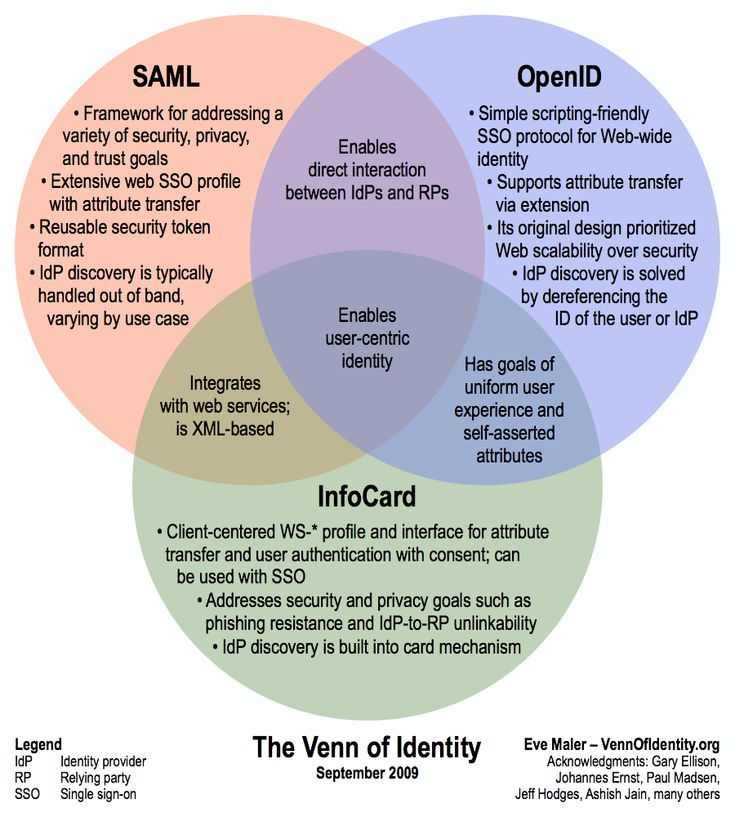Why do they cheat
Why Do People in Relationships Cheat?
Cheating: it’s the ultimate relationship violation and a notorious relationship killer. A favorite gossiping pastime, the phenomenon is frequently discussed but difficult to study. The goal is to avoid getting caught, so why confess infidelity in the name of science?
But scientists can offer us new insight on a topic often shrouded in stigma and mystery. As researchers have recently demonstrated, cheating is rarely a simple affair. There are many reasons why people cheat, and the patterns are more complex than common stereotypes suggest. A fascinating new study sheds some light on these motivations.
The investigation included 495 people (87.9 percent of whom identified as heterosexual), who were recruited through a participant pool at a large U.S. university and through Reddit message boards with relationship themes. The participants admitted to cheating in their relationship and answered the question at the root of the mystery: Why did you do it? An analysis revealed eight key reasons: anger, self-esteem, lack of love, low commitment, need for variety, neglect, sexual desire, and situation or circumstance.
These motivations not only influenced why people cheated but how long they did so, their sexual enjoyment, their emotional investment in the affair and whether their primary relationship ended as a result.
Though most cheating involves sex, it is rarely just about sex itself. Most participants felt some form of emotional attachment to their affair partner, but it was significantly more common in those who reported suffering from neglect or lack of love in their primary relationship. Around two thirds of participants (62.8 percent) admitted to expressing affection toward their new partner. And about the same proportion (61.2 percent) engaged in sexually explicit dialogue with them. Roughly four out of 10 (37.6 percent) had intimate conversations, while one in 10 (11.1 percent) said, “I love you.” Those who reported feeling less connected to their primary partner experienced greater emotional intimacy in the affair, perhaps as a way of fulfilling that need. Similarly, when infidelity was linked to lack of love, individuals found the experience more intellectually and emotionally satisfying.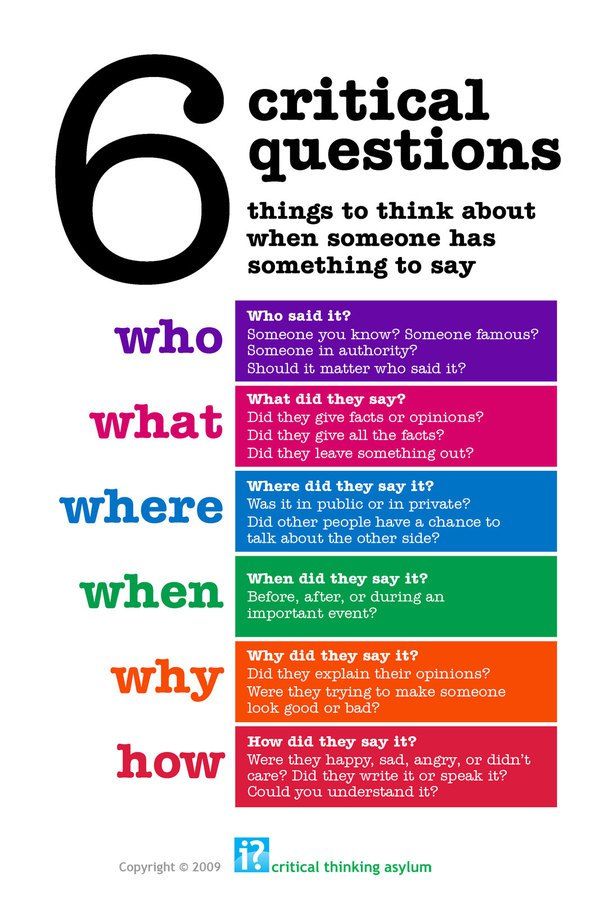
Participants’ satisfaction with sex differed depending on the reason for their affair. People reported feeling more sexually fulfilled when they cheated because of desire, lack of love or a need for variety. Those who cited a situation as the primary cause were far less satisfied. Much of the sexual activity was limited to kissing (86.7 percent) and cuddling (72.9 percent). In fact, the study found that only half of the cheaters reported having vaginal intercourse.
The reason for the infidelity also greatly impacted its length. In some cases, the relationship was a brief tryst, while others were a longer and deeper attachment. Those who cheated because of anger (such as a wish to “seek revenge”), lack of love or need for variety had a longer affair, while those motivated by the situation (such as those who were “drunk” or “overwhelmed” and “not thinking clearly”) ended it earlier. Women also had a longer affair on average than men.
In the end, only a third of participants ultimately admitted the cheating to their primary partner. Women were more inclined to fess up than men. Those who came clean were more likely to have cheated out of anger or neglect rather than sexual desire or variety. This suggests that their confession was possibly a form of retribution and a way to exact revenge instead of a way to clear their conscience. The participants who confessed were also more likely to form a committed relationship with the affair partner.
Women were more inclined to fess up than men. Those who came clean were more likely to have cheated out of anger or neglect rather than sexual desire or variety. This suggests that their confession was possibly a form of retribution and a way to exact revenge instead of a way to clear their conscience. The participants who confessed were also more likely to form a committed relationship with the affair partner.
While infidelity is typically a clandestine enterprise, some cheaters were less careful than others, perhaps intentionally. Those cheating because of lack of love went on more public dates and displayed more public affection toward their partner. PDA was also common for those seeking variety or looking to boost their self-esteem. On the other hand, situational cheaters were less inclined to cheat out in the open, perhaps because they hoped to return to their primary relationship without getting caught.
So is an affair really a relationship killer? Ultimately, the fate of the participants’ primary relationship depended less on the act itself and more on what motivated it. Cheating was more likely to end a relationship when it arose from anger, lack of love, low commitment or neglect. And it was less likely to do so when the infidelity was circumstantial. Surprisingly, only one in five (20.4 percent) of relationships ended because of the affair. The same number of couples (21.8 percent) stayed together despite their primary partner finding out, while slightly more (28.3 percent) stayed together without their partner discovering their infidelity. The remaining relationships broke up for noncheating reasons.
Cheating was more likely to end a relationship when it arose from anger, lack of love, low commitment or neglect. And it was less likely to do so when the infidelity was circumstantial. Surprisingly, only one in five (20.4 percent) of relationships ended because of the affair. The same number of couples (21.8 percent) stayed together despite their primary partner finding out, while slightly more (28.3 percent) stayed together without their partner discovering their infidelity. The remaining relationships broke up for noncheating reasons.
Rarely did infidelity lead to a real relationship. Only one out of 10 of the affairs (11.1 percent) ultimately turned into a full-fledged commitment—one of the preconceptions that turns out to be true.
ABOUT THE AUTHOR(S)
Gary W. Lewandowski, Jr., is a professor of psychology at Monmouth University. He is author of the new book Stronger Than You Think: The 10 Blind Spots That Undermine Your Relationship ... and How to See Past Them.
and How to See Past Them.
The 8 Main Reasons Why People Cheat
Mutual trust is a hallmark feature of committed romantic relationships and is often (not always) tied to confidence that a partner is both romantically and sexually faithful. What if that trust is violated?
Infidelity can wreak havoc on a relationship. As summarized in a recent review, infidelity is a leading cause for marital divorce and pre-marital break-ups; it can trigger domestic violence; and it is a strong predictor of poor mental health, including depression and anxiety (Fincham & May, 2017). These adverse consequences might suggest that people go to great lengths to avoid infidelity, efforts reflected in overall rates that suggest infidelity is rare. But this is not the case. By some accounts, the lifetime prevalence of infidelity is approximately 20 to 25 percent of marriages, with men and women cheating at similar rates (Fincham & May, 2017).
Given that infidelity produces a constellation of adverse personal and relational consequences, yet people are known to cheat, the question becomes: why? Why risk it? What are the motivations that lead to infidelity?
Why Do People Cheat?
A recent investigation asked nearly 500 mostly heterosexual individuals about their past experiences cheating on a romantic partner (Selterman, Garcia, Tsapelas, & 2019). Note that having engaged in infidelity was an explicit inclusion criteria for the study, so all participants shared at least one instance of their own infidelity as part of the study. Approximately 95 percent gave examples that included sexual/physical infidelity.
Note that having engaged in infidelity was an explicit inclusion criteria for the study, so all participants shared at least one instance of their own infidelity as part of the study. Approximately 95 percent gave examples that included sexual/physical infidelity.
These scholars aren't the first to ask the question of why people cheat (e.g., Barta & Kiene, 2005), but evidence regarding infidelity motives is surprisingly scarce, suggesting the need for empirical inquiry. In their study, Selterman and colleagues (2019) solicited reasons for why people cheated and then focused their analysis on synthesizing the many motives people offered. Eight main motives emerged from their analysis:
- Falling out of love. Sometimes (but not always) a deficit in an existing relationship leads people to have extradyadic affairs. Over three quarters (77 percent) of participants indicated that a lack of love for their stable partner, and/or greater love for an extradyadic partner, was a fairly strong reason they cheated.

- For variety. Other times, infidelity is not a response to a problem with an existing relationship; rather, it's a reaction to boredom. For many people (74 percent), a desire for variety factors into their cheating behavior. More men explained their infidelity as tied to this reason than women.
- Feeling neglected. Similar to feeling a lack of love, some people engage in infidelity as a response to their partner's lack of attention. Participants (70 percent) revealed that feeling neglected was at least moderately tied to their cheating behavior. More women than men recognized this as one of their motives for cheating.
- Situational forces. Not every act of infidelity is premeditated and driven by dissatisfaction with a current relationship. Many participants (70 percent) noted that factors of the situation were a key reason they cheated. Maybe they were drinking or in some other way thrown into an opportunity they didn't anticipate.
 More men recognized this motive as a reason for their cheating than women.
More men recognized this motive as a reason for their cheating than women. - To boost self-esteem. It seems counterintuitive, given that infidelity tends to end with significant personal consequences, but for some people, the act of having an affair can boost their own ego and self-esteem. More than half of participants (57 percent) indicated that enhancing their self-esteem was a motive for their cheating.
- Out of anger. This was not the most commonly cited reason, but anger played a role in the affairs of many participants (43 percent). In these cases, cheating was seen as a way to punish a partner or enact revenge.
- Not feeling committed. Lacking love and lacking commitment to a current romantic partner are both tied to general feelings of relationship dissatisfaction. They may go hand in hand. In terms of commitment, nearly half (41 percent) of participants indicated that having low levels of commitment to their romantic partners motivated their cheating.

- Because of sexual desire. About one-third of participants (32 percent) reported that they were driven to have an affair because of their sexual desire. Maybe in their established relationship, individuals aren't engaging in the frequency of sex, style of sex, or specific sexual behaviors that they want; this can contribute to their reasons to cheat. Men reported this reason more than women (Selterman et al., 2019).
These eight motives for infidelity cover aspects of the self, the existing relationship, and the context. They reveal great variety in the reasons as to why people cheat. While certainly, one primary reason could drive a person to be unfaithful, it's likely that a combination of factors is at the root of many extradyadic affairs.
It's also possible that there are motivations that were not fully captured in this study, in part because—as the authors noted—participants were trying to remember what motivated past behavior. Sometimes, memory isn't on point to what actually motivated the behavior in the first place.
Sometimes, memory isn't on point to what actually motivated the behavior in the first place.
Facebook image: Motortion Films/Shutterstock
References
Fincham, F. D., & May, R. W. (2017). Infidelity in romantic relationships. Current Opinion in Psychology, 13, 70-74.
Barta, W. D., & Kiene, S. M. (2005). Motivations for infidelity in heterosexual dating couples: The roles of gender, personality differences, and sociosexual orientation. Journal of Social and Personal Relationships, 22, 339-360.
Selterman, D., Garcia, J. R., & Tsapelas, I. (2019). Motivations for extradyadic infidelity revisited. The Journal of Sex Research, 56, 273-286.
6 reasons why people lie, even if they don't have to
112,702
Know Yourself A Man Among People
Most people try to always tell the truth. Some lie more than others. But there are those who lie all the time. Pathological lying is not a clinical diagnosis, although it can be one of the symptoms of psychopathy and manic episodes.
Pathological lying is not a clinical diagnosis, although it can be one of the symptoms of psychopathy and manic episodes.
But the vast majority of liars are mentally healthy people who think differently or lie under the influence of circumstances, explains David Lay, psychiatrist, doctor of clinical psychology. Why do they do it?
1. Lies make sense to them
Others do not understand why they lie even in small things. In fact, these little things are important for those who lie. They have a different perception of the world and a different system of values. What matters to them is what is not important to most.
2. When they tell the truth, they feel like they are losing control of the situation.
Sometimes such people lie to influence others. They are sure that their deceit sounds more convincing than the truth, and allows them to control the situation.
3. They do not want to upset us
They lie because they are afraid of the disapproval of others. Liars want to be appreciated and loved, to be admired. They fear that the truth does not look very attractive and, having learned it, friends may turn away from them, relatives will begin to be ashamed, and the boss will not entrust an important project.
Liars want to be appreciated and loved, to be admired. They fear that the truth does not look very attractive and, having learned it, friends may turn away from them, relatives will begin to be ashamed, and the boss will not entrust an important project.
4. Once they start lying, they cannot stop
A lie is like a snowball: one catches the other. The more they lie, the harder it is for them to start telling the truth. Life becomes like a house of cards - if you remove even one card, it will collapse. At some point, they begin to lie to reinforce past lies.
Pathological liars are sure that if they confess in one episode, it turns out that they have told a lie before. Fearing exposure, they continue to deceive even where it is not necessary.
5. Sometimes they do not even realize that they are lying
In a stressful situation, people do not think about the little things, because first of all it is important to save yourself. And they turn on a survival mode in which they are not fully aware of what they say or do. And they sincerely believe in their own words.
And they sincerely believe in their own words.
People believe in what was not, if it suits them. And after the danger has passed, they do not remember what they said under the influence of stress.
6. They want their lies to be true
Sometimes liars wishful thinking. It seems to them that dreams can become reality with a little pretending. They will become richer if they start to splurge and talk about their mythical wealth or a millionaire grandfather who left them a will.
How to communicate with a liar?
Whatever the reason for lying, the deceiver always feels uncomfortable. And here the reaction of others is important. If the interlocutor in response to a lie says: “Stop inventing!”, “Again you are deceiving me!” or “I will bring you to clean water!”, the liar turns on a defensive reaction.
Most of all, such people are afraid to look like deceivers in the eyes of others and are able to go to any lie to prove that they can be trusted.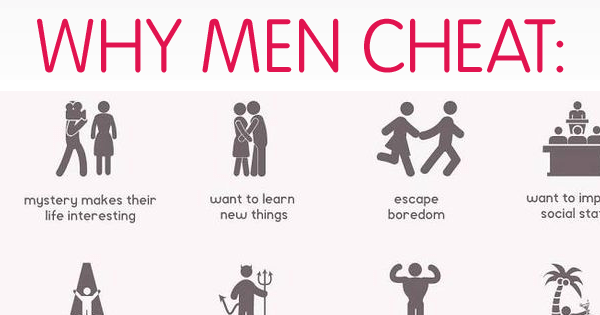
If you want to know the truth, try to refrain from attacks and accusations. First, try to determine the reason why your interlocutor is lying. Ask him, "Why is this situation so important to you?" or “Why do you want me to believe this?” “Why do you want me to look at the situation from this point of view?”
This will reduce tension and make communication more sincere. Empathy is the best way to show a person that the truth is not such a terrible thing and the world will not collapse if it turns out that he is deceiving others.
Text: Alexandra Galimova Photo Source: Getty Images
New on the site
“How to survive menopause? She will either get me divorced or depressed.”
Top 3 Marriage Secrets - Learn How to Keep Love in a Long Relationship
2023 Australian firefighters calendar: gallery and psychologist's opinion
When life is a tragedy: why we love to dramatize so much
The eclipse corridor portends trouble: 5 main myths about the astronomical phenomenon
How to care for skin during menopause: advice to women
“The ex-husband either tries to establish contact with me, or pushes me away: what does this mean?”
What to avoid during a quarrel: a safe word - discard it forever
Why do we lie and why do we lie? A psychotherapist tells
The most interesting information from the article about lies on the portal
Onliner.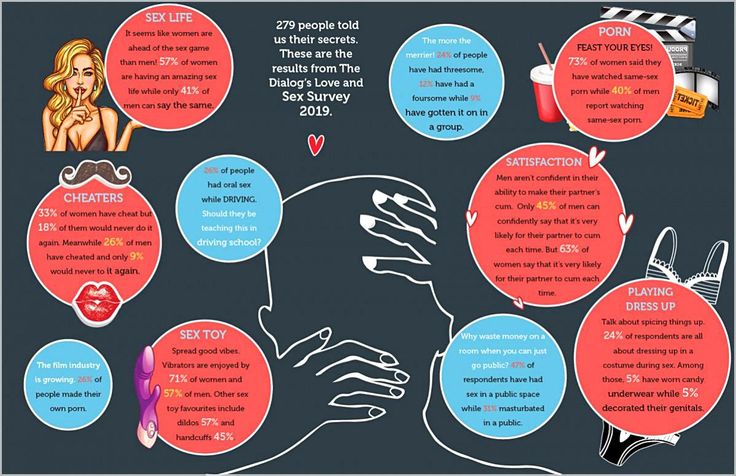 by
by from a psychotherapist Elena Karachun :
900 — What is a lie? Why do people lie so often?
- A lie is a distortion of the truth . The word comes from the Greek for "curve" and "truth" from the Greek for "straight." I think we can say: the meaning of a lie is to avoid clashes and conflicts, conditionally - to go aside.
From the point of view of psychology, lies are different, each lie has its own goals. I will rely on psychoanalytic theory, because here the lie is considered as a phenomenon of the attitude of the individual to his ideas about the people around him. According to one of the classifications, there are three main reasons for lying, all of which have roots in our childhood and run through our whole life.
The first reason is that we lie when we are afraid of being unpleasant, we think that we are not worthy of love, attention or respect, and we try to look more attractive from our point of view, distorting the truth. This type of lie is expressed in the fact that people in everyday life exaggerate or embellish something, hiding the truth about themselves. I think this has happened to all of us.
This type of lie is expressed in the fact that people in everyday life exaggerate or embellish something, hiding the truth about themselves. I think this has happened to all of us.
In the worst case, for example, when the child was not accepted in the family, could not be open and truthful, he has to create a shell of "false self". The term was introduced by pediatric psychoanalyst Donald Winnicott, who noticed that some children, trying to maintain relationships with an unfriendly or indifferent environment, begin to adapt, forming an image that is convenient for others, in which they themselves believe. This can affect their entire future life: as a rule, such people then come to therapy with a feeling of emptiness, they say that they do not feel real. A person suddenly discovers for himself that the appearance or qualities that he possesses are liked by others, but he himself does not give any pleasure.
The second reason for lying is an attempt to hide something that could be dangerous for us. In the pathological version, if we return to the parent-child relationship, such a lie appears when the parents begin to attack the child, not accept him, take away what he likes. As a rule, this type of lie is formed in a relationship with a persecuting, totalitarian, controlling person. In nature, we would call it mimicry, an attempt to blend into the background. Keeping information secret is still lying, because such circumstances distort the image of us in the eyes of others.
In the pathological version, if we return to the parent-child relationship, such a lie appears when the parents begin to attack the child, not accept him, take away what he likes. As a rule, this type of lie is formed in a relationship with a persecuting, totalitarian, controlling person. In nature, we would call it mimicry, an attempt to blend into the background. Keeping information secret is still lying, because such circumstances distort the image of us in the eyes of others.
The third type of lie is very dangerous. It occurs when a child is faced with hard things, reality, for example, he learns that his parents are not so rich or that he does not have the ability to play sports or study. If these revelations are traumatic, but also fueled by the environment, used as an excuse for humiliation, the child experiences shame. As a result of the key factor - humiliation, there is a sadistic lie.
- What is the difference between a lie and the truth from the point of view of psychoanalysis?
- In fact, everything is very simple: the truth does not belong to anyone . I'll try to decipher. Scientists are trying to understand how the world works, they are looking for the truth. This requires a lot of effort, the ability to see the world through the eyes of others, testing theories for validity. Or looking for the truth about yourself means questioning yourself, reflecting on who you are, testing yourself in relationships with others, receiving feedback. All this is a search with a result that is very difficult to predict in advance. This is a meeting with a stranger, which always causes anxiety, and also requires considerable internal resources to search. Curiosity, which is characteristic of all people to a greater or lesser extent, helps this process.
I'll try to decipher. Scientists are trying to understand how the world works, they are looking for the truth. This requires a lot of effort, the ability to see the world through the eyes of others, testing theories for validity. Or looking for the truth about yourself means questioning yourself, reflecting on who you are, testing yourself in relationships with others, receiving feedback. All this is a search with a result that is very difficult to predict in advance. This is a meeting with a stranger, which always causes anxiety, and also requires considerable internal resources to search. Curiosity, which is characteristic of all people to a greater or lesser extent, helps this process.
Lies are always creation. It returns to the person the illusion of control that is comfortable for him. In this case, a paradox arises: a lie never gives support - neither to the one who lies, nor to the one who is deceived, because they do not know exactly what is really happening.
Is it good to lie sometimes?
- Is it possible to say that the social norm "it is important to tell the truth" is supported by something? Maybe it's just an arrangement that is completely optional? Or is there something more important than a social norm?
- Here I would talk about unconscious contracts - rules that we take for granted, accepted at an unconscious level. Still, when possible, it is better to tell the truth , if only because it allows you not to distort reality, to leave relationships between spouses, friends, and colleagues transparent and based on a solid foundation. Of course, the ideal state is one where people understand very clearly what is happening in the country and trust its leadership. Definitely the truth allows you to build healthier and more fruitful relationships.
Still, when possible, it is better to tell the truth , if only because it allows you not to distort reality, to leave relationships between spouses, friends, and colleagues transparent and based on a solid foundation. Of course, the ideal state is one where people understand very clearly what is happening in the country and trust its leadership. Definitely the truth allows you to build healthier and more fruitful relationships.
Another lie is very closely related to a sense of justice, because even two people can have completely different ideas about what is fair and what is not. Balancing within their scale of values, someone with a low income may consider that they are not doing anything wrong by deceiving another very rich person or, for example, the state. For some, this may even be an act of restoring justice.
But in fact, the world is not black and white, our opportunities are not equal. Someone can earn more, someone is more talented or more successful. It is very difficult for many to live with the awareness of this fact, which, perhaps, should be called the truth. Once again, the truth is not that if you do not have money or a certain talent, you are worse off. The truth is that we are different. This is difficult, so some decide to go along the curve, step aside, or hold on to their own version, defending subjective justice.
It is very difficult for many to live with the awareness of this fact, which, perhaps, should be called the truth. Once again, the truth is not that if you do not have money or a certain talent, you are worse off. The truth is that we are different. This is difficult, so some decide to go along the curve, step aside, or hold on to their own version, defending subjective justice.
Lies kill trust , this is a global problem. I would really like to know for sure that the taxi driver taking me does not want to sleep right now, the doctor I'm going to see took care of his qualifications, the state to which I pay taxes will spend them on maintaining well-being - mine and the people, really those in need.
Some are ready to accept it at a certain moment: not earlier and not later. Forming an idea of the world, we often lie to ourselves and others, because it is painful, embarrassing, scary, sometimes unbearable to learn some truth.
In sadistic lying, one person believes that he is a puppeteer, and the rest in his world are puppets to play with.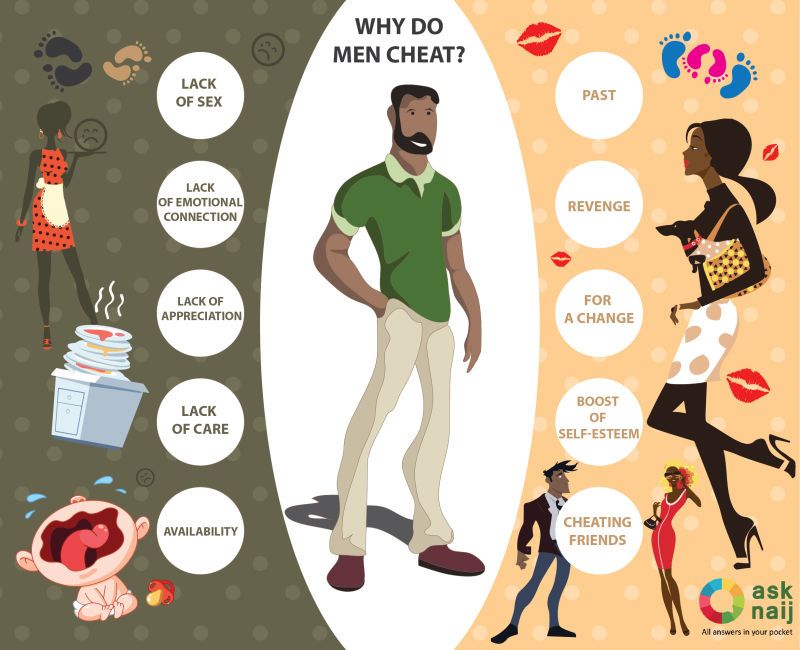 It turns out that the puppeteer humiliates others with his lies. And when we discover the truth, we have two ways to react: you can protest, telling the liar that you are not ready to put up with humiliation, and defend your point of view through discussion, with the help of facts, actions. The second way is to agree with the lie, but then you remain humiliated, silent - and this humiliation will not go anywhere. As if not noticing what you were drawn into, you continue to live with this sensation that distorts your reality. It is often said that the truth is associated with fear, but this is more likely not a fear of knowing the truth, but fear of being humiliated e because of being deceived or used.
It turns out that the puppeteer humiliates others with his lies. And when we discover the truth, we have two ways to react: you can protest, telling the liar that you are not ready to put up with humiliation, and defend your point of view through discussion, with the help of facts, actions. The second way is to agree with the lie, but then you remain humiliated, silent - and this humiliation will not go anywhere. As if not noticing what you were drawn into, you continue to live with this sensation that distorts your reality. It is often said that the truth is associated with fear, but this is more likely not a fear of knowing the truth, but fear of being humiliated e because of being deceived or used.
Why don't people like truth-tellers?
— What qualities should a person who constantly tells the truth have? Is it good for society? Pravdorubov are often compared almost with the blessed ...
— Let's remember: lie protects from fear and shame . Imagine that someone in a sharp form begins to expose unpleasant moments in front of you. You are not ready for this, you, in fact, do not want to know the truth. There is always an unconscious contract in a couple: each of the spouses “doesn’t notice” something in a partner, the same contracts exist in relations with the leadership or in the interaction of a citizen and the state. It is important to understand here that all these painful questions are not buried - sooner or later they will come up, they will have to be faced, because, as we said earlier, truth, unlike lies, exists on its own, regardless of our desire.
Imagine that someone in a sharp form begins to expose unpleasant moments in front of you. You are not ready for this, you, in fact, do not want to know the truth. There is always an unconscious contract in a couple: each of the spouses “doesn’t notice” something in a partner, the same contracts exist in relations with the leadership or in the interaction of a citizen and the state. It is important to understand here that all these painful questions are not buried - sooner or later they will come up, they will have to be faced, because, as we said earlier, truth, unlike lies, exists on its own, regardless of our desire.
A colleague told me about a case from practice. He showed the dependent person tests showing that he had cirrhosis of the liver. Do you know what the reaction was? The patient thought for a moment and said: "Hmm... I can deceive my wife, but I can't deceive my liver." And if a patient told me this at a psychotherapy session, I would show him that there are two parts of his personality. The first, like his wife, does not want to know the truth, is ready to be blind and deceived, not to think about the consequences. The second understands the truth and is afraid of it. And then we would talk about this conflict.
The first, like his wife, does not want to know the truth, is ready to be blind and deceived, not to think about the consequences. The second understands the truth and is afraid of it. And then we would talk about this conflict.
As for the truth-lovers, I have not met in my life positive examples of people who would be called that. I suppose, because such a characteristic applies more to those who not only know the truth, but also want to use it as a weapon of attack, consoling their pride.
But after all, there are people who, methodically defending the truth, set themselves the goal not to effectively humiliate, but to restore the balance . Their behavior is distinguished by a desire to hear opponents, to test their truth for a fortress. The influence of such people may not be so striking at first, but it is obvious that the expression of such an honest position has a beneficial effect on everyone.
— Often lies are justified as “lie for good” . Is this even possible?
Is this even possible?
— A very subtle question. In any case, it is important to ask oneself here why a person who lies for the good left himself the right to decide whether to tell the truth to his opponent or not.
- In Soviet medicine, there was a widespread practice not to inform terminally ill people about the tragic consequences that the disease would lead to: it was assumed that the patient might not be able to cope with the truth, it would only harm him ...
“Doctors still do not like to talk in detail about difficult diagnoses, to discuss them. For some time, Belarusian medicine tried to introduce informed consent, but this did not take root in all areas. As a rule, the doctor simply does not have time to feel the patient's problems, digest them and respond sincerely, with sympathy. This is a bad example of lying for good.
In general, I think this way: many say they lie so as not to injure a loved one or not to aggravate the situation.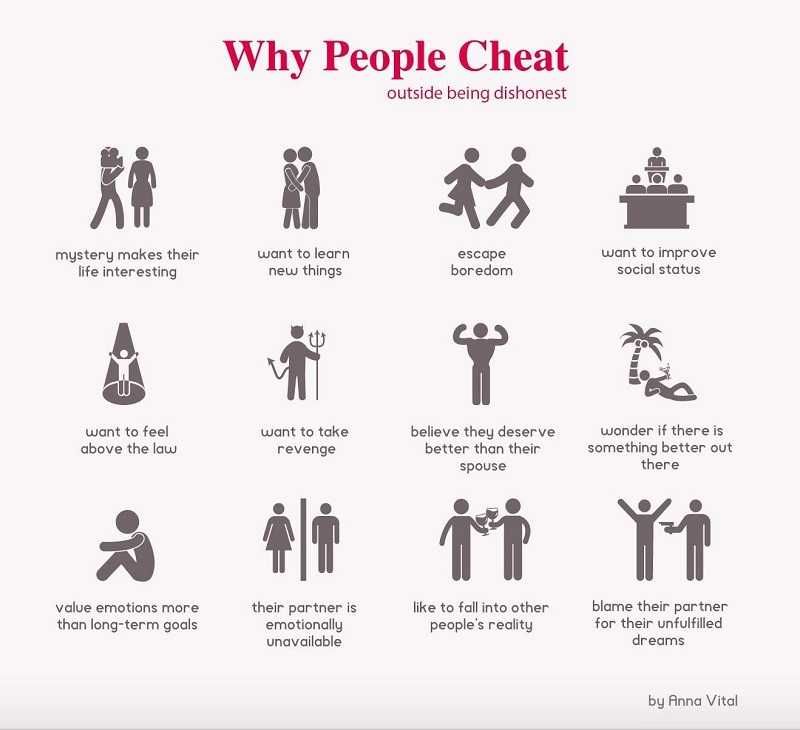 We have no right to such a lie, since it concerns another person, deprives him of the most valuable thing - the ability to control his own life. By lying, by not saying anything, we reserve control over his life. Such control is, in fact, sadistic lie .
We have no right to such a lie, since it concerns another person, deprives him of the most valuable thing - the ability to control his own life. By lying, by not saying anything, we reserve control over his life. Such control is, in fact, sadistic lie .
In the Soviet system of education, orphans were not told who their parents were, believing that in this way they were protected from stress. This practice has been extended to many other countries as well. The French psychoanalyst Françoise Doltot turned the tide by greatly influencing the institution of foster parents and orphanages in France. She believed that a child is able to survive any truth and it is not the truth that injures him, but just the same secret - a lie. The trauma lies in the fact that at some point a child who does not know the truth breaks down the picture of the world. Therefore, orphanages in France were the keepers of information about the natural parents of adopted children. The child, at any time when he felt that he was ready, had the right to come and find out who his real father and mother were.
The child, at any time when he felt that he was ready, had the right to come and find out who his real father and mother were.
Danger of self-deception
- A person, often repeating a lie, at some point begins to believe in it himself. How can this be explained?
- This is a completely understandable situation: in most cases, a person simply does not want to know the truth. I have repeatedly observed how people who come to me for help readily believe in obvious lies from partners, forbidding themselves to see the real, but very uncomfortable state of affairs. Simply put, they preferred to love not a person, but their idealistic idea of him. They felt that, having learned the truth, they would not be able to control it, it would make them look differently at themselves and those who were nearby. Self-deception created illusion control i .
Another version of self-deception is that a person cannot see in himself the cause of his misfortunes. In this case, the one who deceives himself believes that there are enemies all around, interfering with his prosperity. This lie protects us from the truth that there is a side of us that we really dislike, that we can be ashamed of. This lie is based on projection - I see things in others that I don't want to know about myself.
In this case, the one who deceives himself believes that there are enemies all around, interfering with his prosperity. This lie protects us from the truth that there is a side of us that we really dislike, that we can be ashamed of. This lie is based on projection - I see things in others that I don't want to know about myself.
- Crisis periods in the life of many states, as a rule, divide society into several warring parties, each of which firmly believes that it is the bearer of the truth, while opponents are either fools or liars. How can this phenomenon of such “many-faced truth” be explained?
“In the event of major upheavals, society finds itself in a situation of splitting and regression. Roughly speaking, it rolls back to the early stages of thinking, in fact, to the period when the world in the view of mankind looked like a fairy tale, where good and evil were clearly divided. Let me try to explain: speaking about our everyday life, many of us will probably say “everything is complicated here”.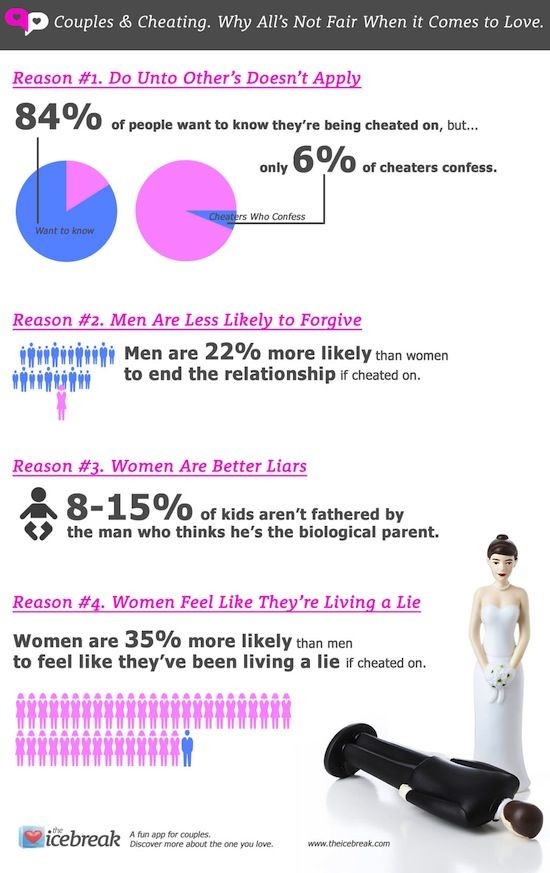 We notice halftones, we understand that things can have double, sometimes contradictory meanings.
We notice halftones, we understand that things can have double, sometimes contradictory meanings.
It is noteworthy that the enemies (this has always happened, in all conflicts, all over the world) will accuse each other of what they themselves are doing. And more and more often we will hear "the fool himself, the fool himself, the fool himself ...". Splitting and primitivizing opponents, we endow them with all the negative sides of absolute evil (including our own, which we no longer have the power to notice), and we see ourselves as purely positive heroes - absolute good.
Unlike animals, humans are endowed with self-knowledge. In imagining ourselves, we tend to fall into extremes that were imposed on us by circumstances and internal defense mechanisms. If a person says that in his childhood absolutely everything was terrible or, conversely, beautiful, this is a sure sign that he has serious problems with a distorted view of the world. After going through therapy, comprehending and accepting what was happening, he will most likely say that his childhood was different: both good and bad.



